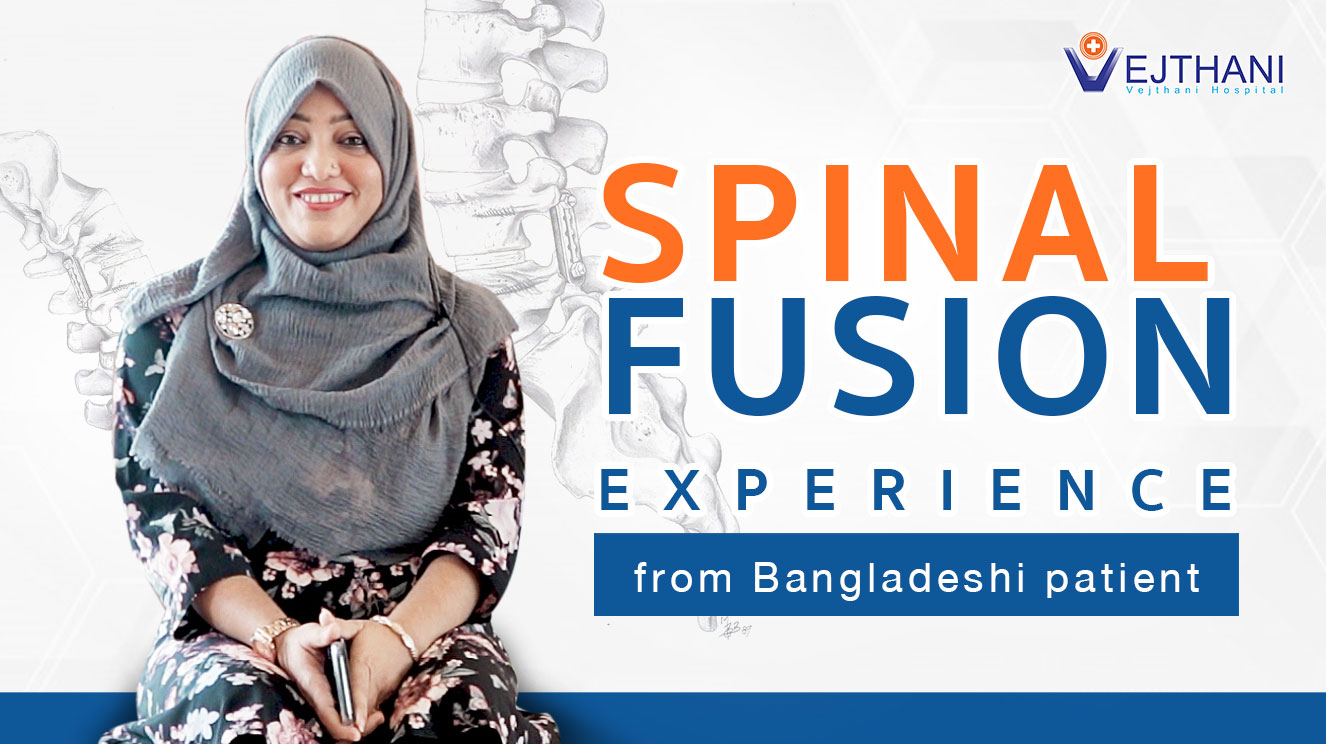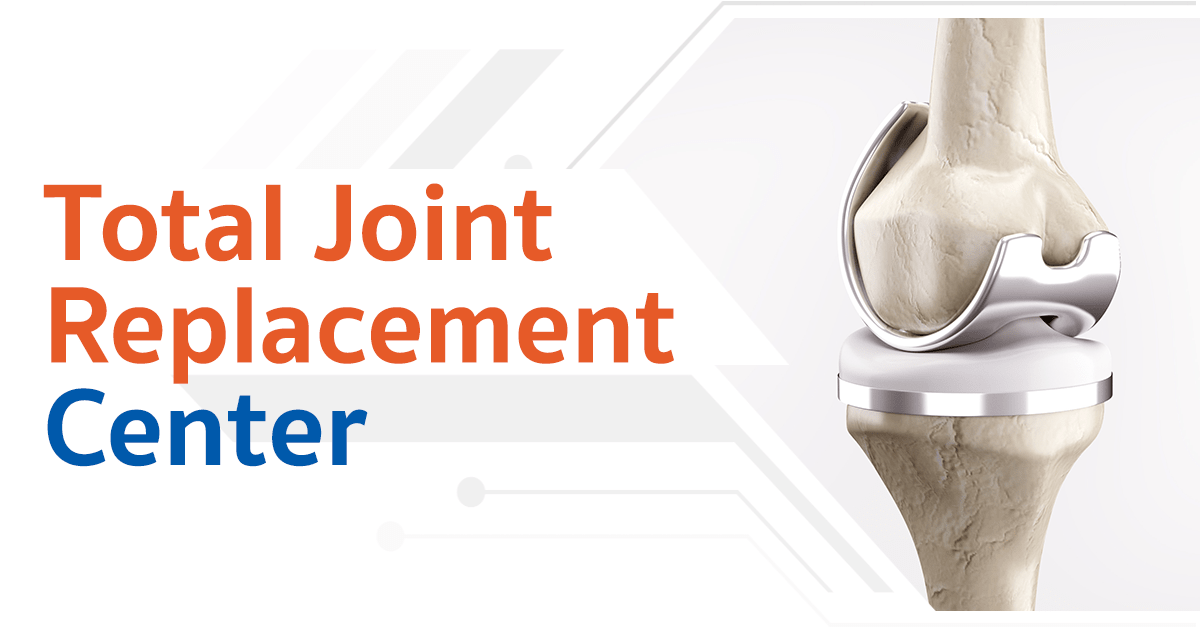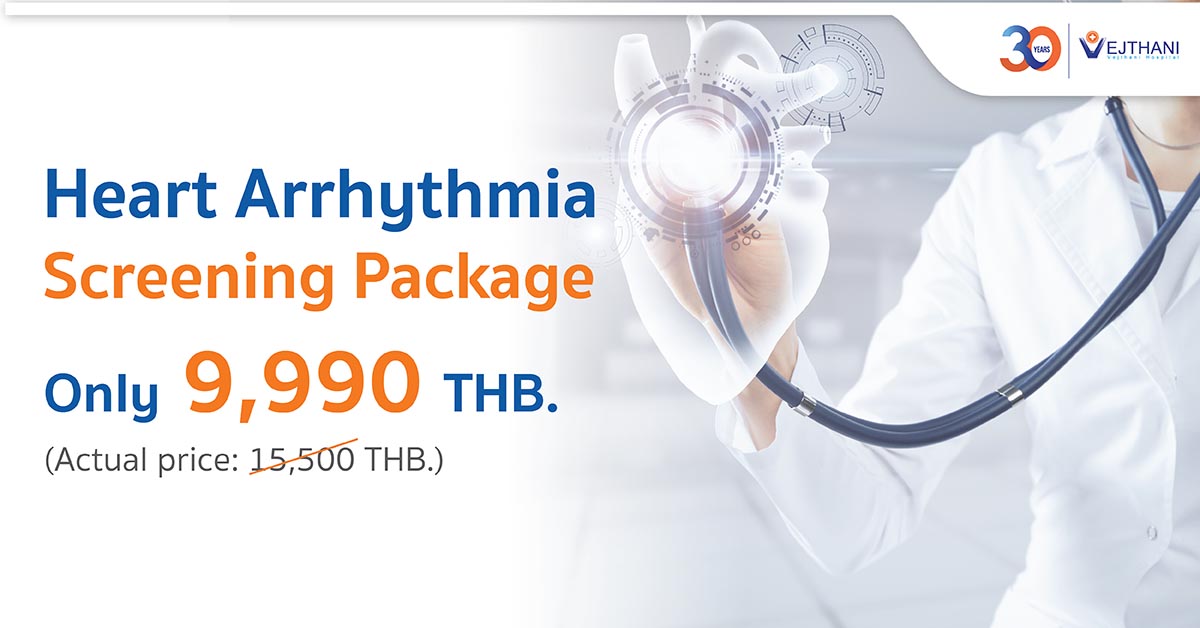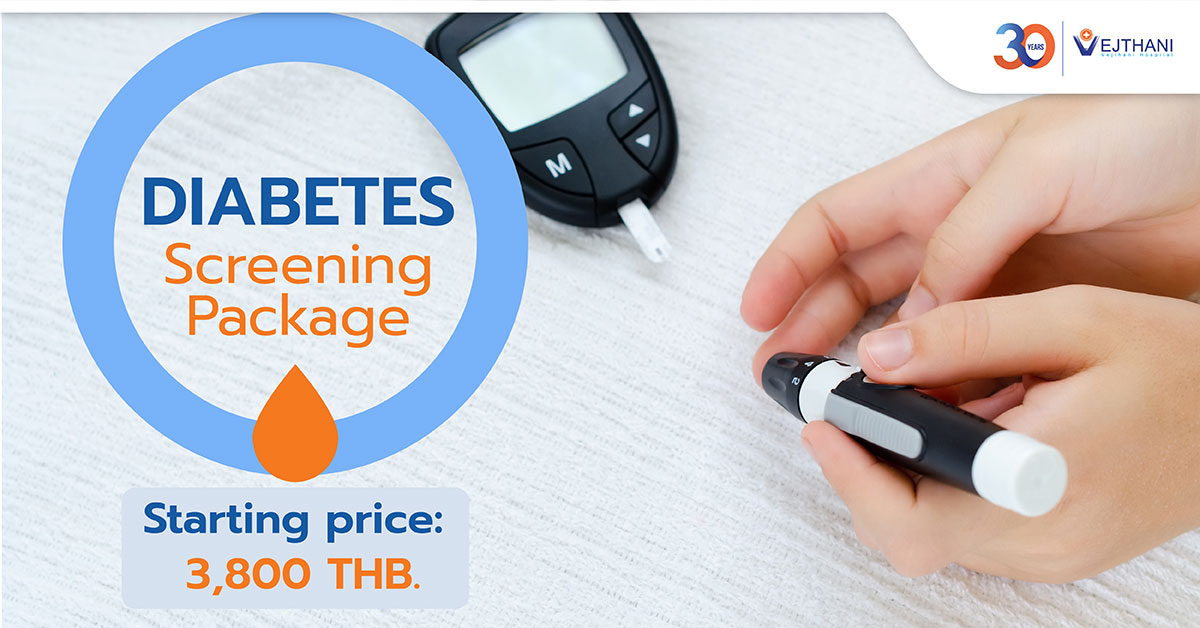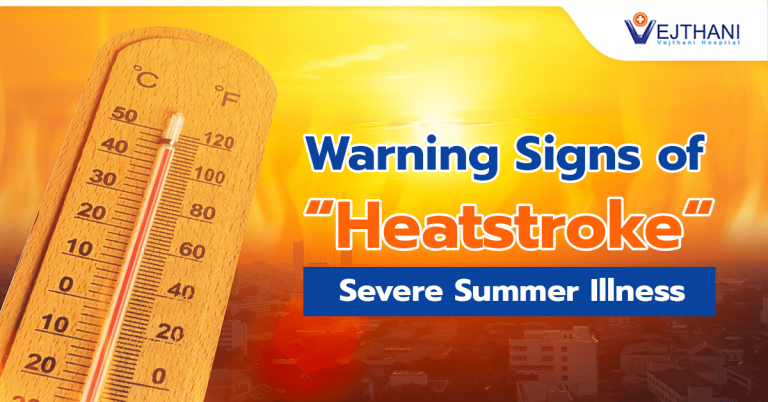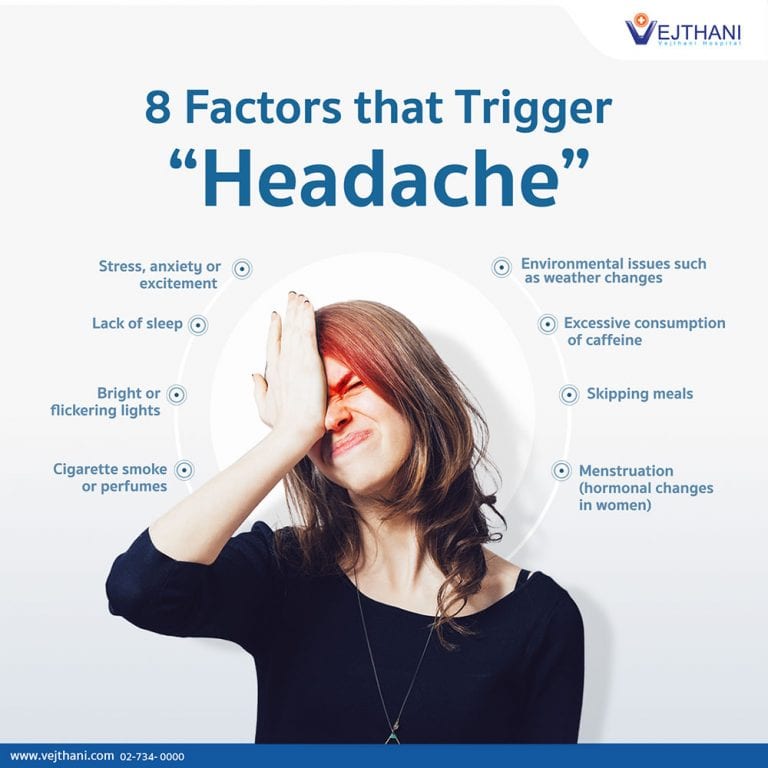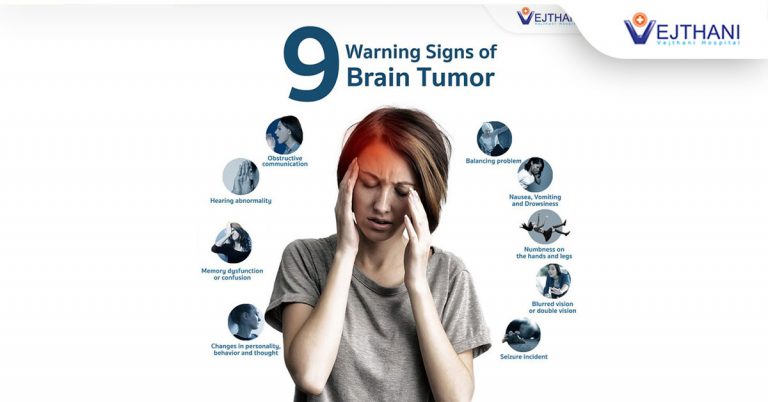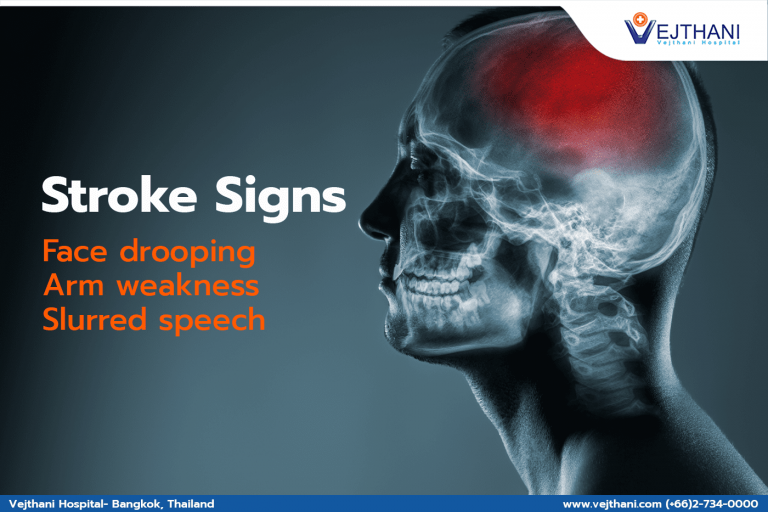
Elevated Levels of Stress can increase the Likelihood of Developing Cerebrovascular Disease
Discover how higher levels of stress lead to a higher chance of developing cerebrovascular disease. Learn about the connection between stress and stroke and ways to mitigate the risk.
Warning Signs of Heatstroke – Severe Summer Illness
The scorching weather these days is causing many people to sweat. The temperature this summer is expected to jump to 43 °C. The sunlight and the melting weather in the daytime are putting people who stay outdoors for a long time at a fatal risk of “heatstroke” due to the body’s inability to regulate its temperature effectively.
Ischemic Stroke is a Silent Threat that Should Not be Ignored
Ischemic Stroke an ischemic stroke occurs when there is an interruption of blood supply to the brain due to a blockage and narrowing of the artery.
Have You Ever Experienced House Spinning
Vertigo is often described as a feeling like the surrounding is spinning or moving; or feeling like being tossed while you are standing still.
8 Factors that Trigger Headache
8 Factors that Trigger Headache Lack of sleepStress, anxiety or excitement.Bright or flickering lights.Cigarette smoke or perfumes.
9 Warning Signs of Brain Tumor
A brain tumor is a collection of abnormal cells in the brain. Any abnormal growth inside the skull can cause pressure to the brain and cause brain damage; it can be cancerous and life-threatening.
Hearing abnormality.
Obstructive communication.
Balancing problem.
Know When Stroke Can Strike
According to World Health Organization (WHO), 10% or 5.5 million of deaths worldwide is caused by Stroke. So far, it is one of the highest percentages among the leading diseases in the world.
